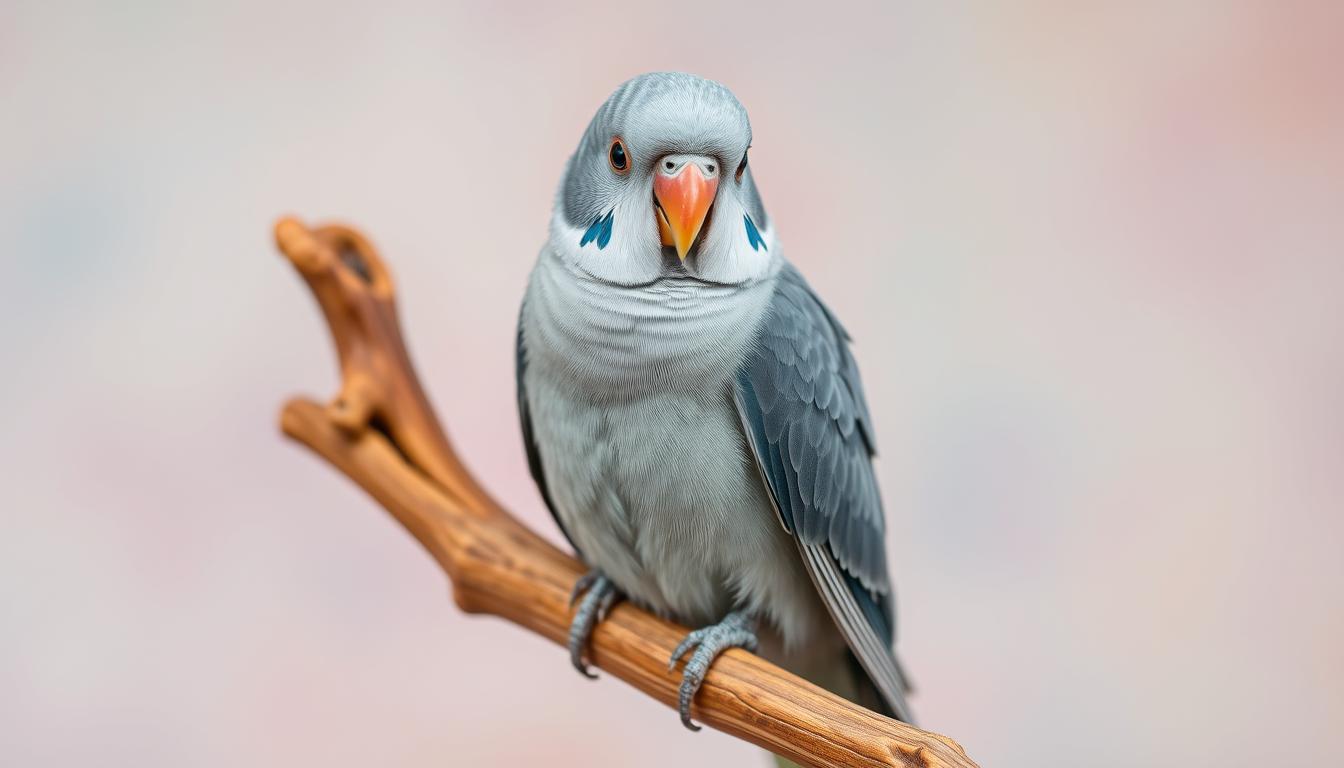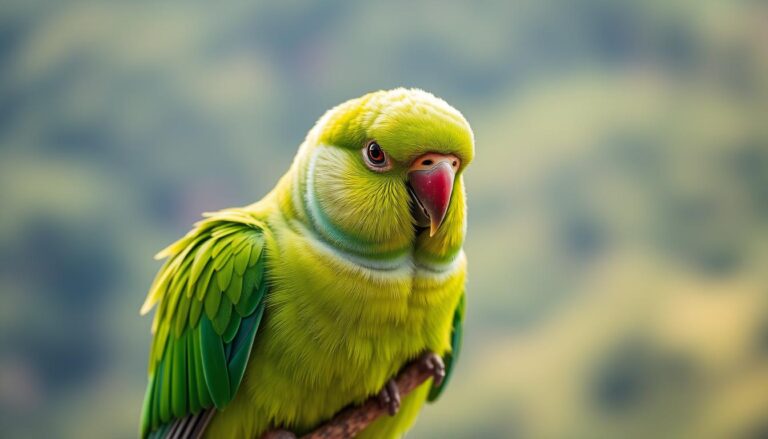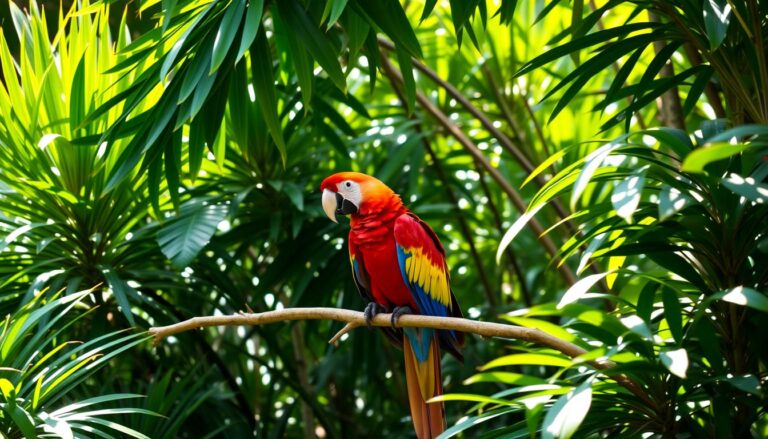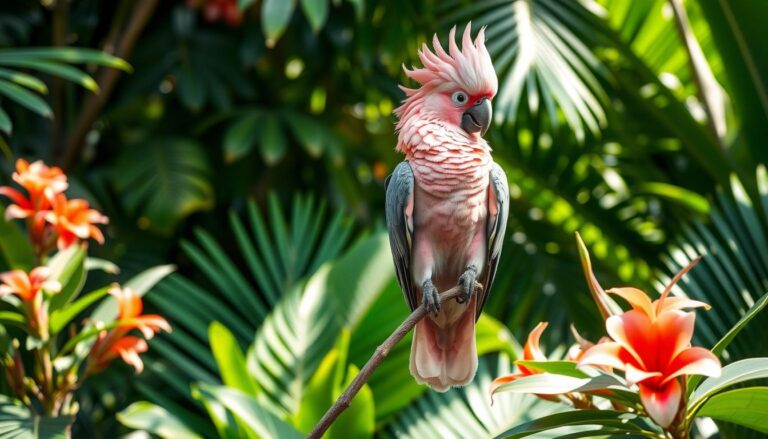Bourke Birds for Sale: Bring Home a Feathered Delight
Looking for a gentle, colorful companion? The Bourke parakeet makes an excellent choice, especially for first-time owners. Known scientifically as Neophema bourkii, these small parrots originate from Australia and charm with their calm demeanor.
Unlike louder parrot species, Bourkes adapt well to apartments with their quiet nature. They grow to just 7-8 inches, making them ideal for urban living. Their lifespan often exceeds 15 years, offering long-term companionship.
You’ll find various color mutations, from soft pinks to vibrant blues. Reputable breeders offer hand-raised chicks and adults, ensuring friendly, socialized pets. Their low-maintenance care adds to their appeal.
Key Takeaways
- Bourke parakeets are gentle, quiet, and perfect for beginners.
- They thrive in apartments due to their small size and calm nature.
- These birds live over 15 years with proper care.
- Multiple color variations are available from trusted breeders.
- Hand-raised Bourkes adapt quickly to new homes.
Find Your Perfect Bourke Bird for Sale
Discover the vibrant world of Bourke parakeets with stunning color options. Whether you prefer soft pastels or striking hues, these birds blend beauty with a calm demeanor. Below, explore popular varieties and key details to match your lifestyle.
Rosy Bourke Parakeet: Pink, Blue, and Grey Beauties
The Rosy Bourke dazzles with signature pink plumage and subtle blue accents. Prices start at $195, varying slightly by age. Available in grey, black, and blue mutations, these birds adapt quickly to homes.
Compared to similar-priced parakeets, Rosies stand out for their quiet nature. Hand-raised babies (3–6 months) bond easily, while adults (12–18 months) offer instant companionship.
Rubino Bourke Parakeet: Stunning Pink, Yellow, and White
For a rarer look, the Rubino variant ($450) features pink, yellow, and white feathers. Their striking appearance makes them a favorite among collectors. Juveniles (7–11 months) are ideal for owners wanting to nurture growth.
Age and Gender Options for Your New Companion
Choose from three age groups:
| Age Group | Range | Best For |
|---|---|---|
| Baby | 3–6 months | Bonding & training |
| Juvenile | 7–11 months | Transitioning to adulthood |
| Adult | 12–18 months | Ready companionship |
Gender identification: Males show blue eye bands and upright posture. For certainty, DNA testing is available. Whether you seek a playful baby or a settled adult, there’s a perfect match waiting.
Caring for Your Bourke Parakeet
Healthy wings and a spacious cage make all the difference for your pet’s well-being. With simple routines, you’ll create a thriving environment for these gentle parakeets.
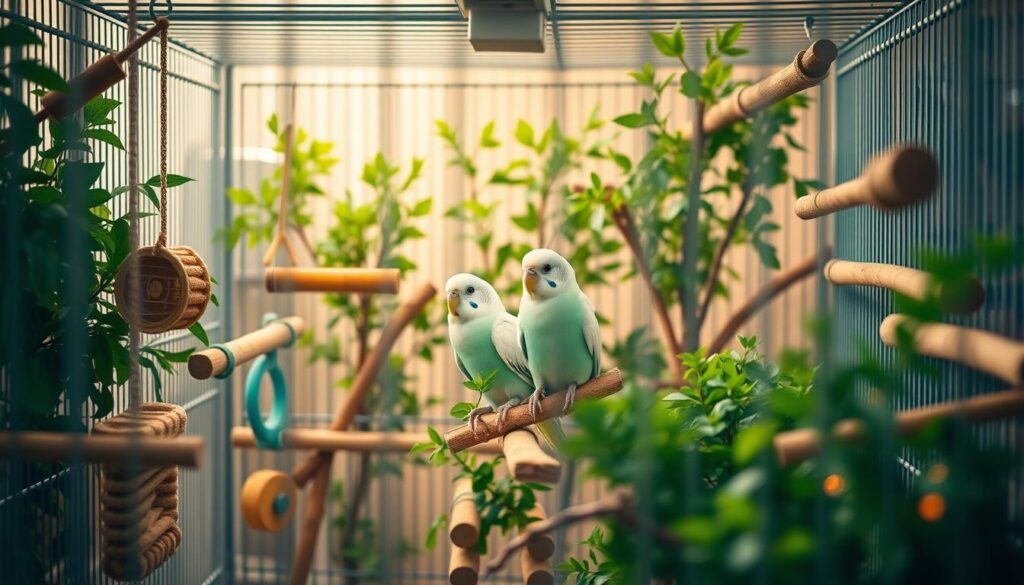
Diet: Seeds, Pellets, and Fresh Foods
A balanced diet keeps your pet energetic. Mix 70% high-quality pellets with 30% seeds for optimal nutrition. Add fresh veggies like kale and carrots for variety.
*Calcium-rich* foods are essential. Offer cuttlebone or crushed eggshells weekly. Always provide clean water and Nekton vitamins for extra support.
| Food Type | Frequency | Benefits |
|---|---|---|
| Pellets | Daily | Base nutrition |
| Seeds | Daily (limited) | Healthy fats |
| Fruits/Veggies | 3–4x/week | Vitamins |
Cage Setup and Exercise Needs
Choose a cage with 1/4–1/2″ bar spacing to prevent escapes. A wide design lets your pet stretch its wings comfortably.
Allow 2–3 hours daily for flying or climbing. Rotate toys to keep them engaged. A shallow water dish encourages weekly bathing.
Quiet and Gentle: Ideal for Apartments
These parakeets rarely disturb neighbors. Their soft chirps blend into urban life. Place the cage away from drafts but near natural light for comfort.
With minimal noise and space needs, they’re perfect for small homes. Just ensure they get enough time outside the cage to stay happy.
Why Choose a Bourke Parakeet?
These charming parrots offer more than just stunning looks—they bring calm companionship. Their low-maintenance care and adaptability make them ideal for busy households or first-time owners.
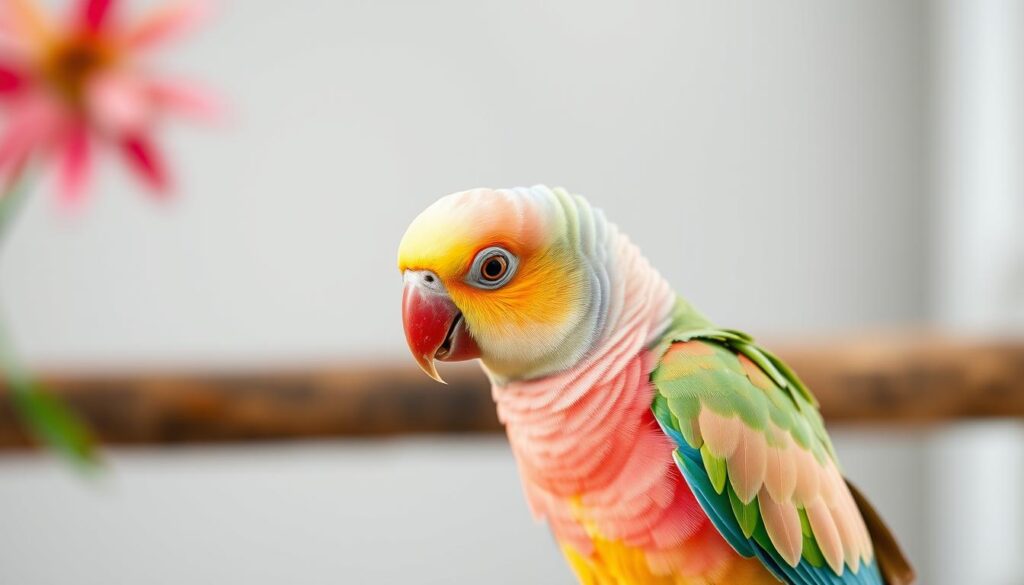
Long Lifespan and Easygoing Personality
With proper care, these small parrots live 15+ years, outlasting many similar-sized birds. Weighing just 90 grams, they’re lightweight yet hardy.
Unlike cockatiels or budgies, they rarely scream or nip. Their quiet chirps suit apartments. To build trust, offer treats from your hand and speak softly. They thrive with gentle interaction.
Families with children or elderly members appreciate their docile nature. Supervised handling ensures safety for both pet and owner.
Colorful Feathers and Unique Traits
Their plumage dazzles in rosy pinks, blues, and rare Rubino hues. Scientifically named Neophema bourkii, they’re among Australia’s most visually striking parrots.
Key traits include:
- Dimorphic colors: Males often show brighter hues.
- Dust-free feathers: Ideal for allergy-prone owners.
- Playful yet calm: Enjoy toys without excessive noise.
Whether you adopt a baby or adult, their vibrant color and sweet demeanor create lasting joy.
Conclusion
Ready to welcome a feathered friend into your home? The Bourke parakeet offers longevity, quiet charm, and stunning colors—perfect for any lifestyle.
Explore available companions today. Pair your new pet with a starter care kit, including pellets, toys, and a snug cage. We provide health guarantees and safe shipping nationwide.
Rest easy knowing these gentle parakeets thrive in apartments. Their soft chirps and low-maintenance needs make them ideal for busy or first-time owners.
Start your journey with a Bourke parakeet—where beauty meets tranquility.

